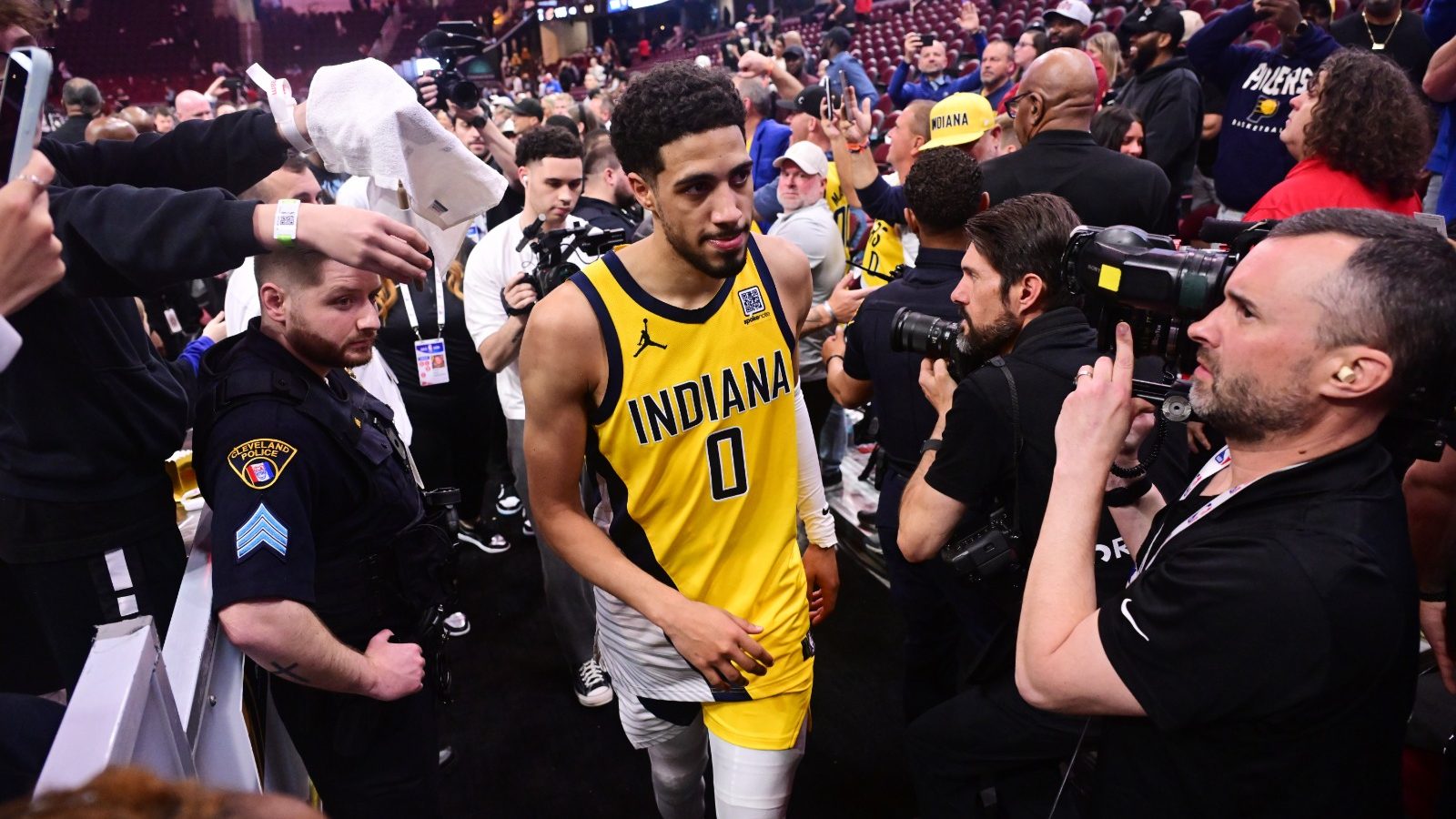Kalshi’s leap into sports has caught the eye of a few whales, data from the company show.
For starters, somebody either thinks the Boston Celtics are going to pull it together or, more than likely, that the New York Knicks will continue their bing-bonging ways through the NBA’s Eastern Conference.
A person just bet on — er, bought a contract for — the Indiana Pacers, who just knocked off the favored Cleveland Cavaliers in one Eastern semifinal, to not win the conference title.
The contract was bought for $283,645. If the owner holds through the conference finals and if the Pacers lose, the payout will be $399,500.
While this is one of the biggest sports contracts ever bought at Kalshi, it’s not the biggest.
A few more no’s
That honor goes to the trader who bought another “no” contract — this one on Colin Morikawa to not win last month’s Masters.
The cost for that contract, which cashed for about a $20,000 profit, was $665,000.
Other notable high-money trades since Kalshi started offering sports contracts earlier this year include:
- Patrick Reed to not win the Masters, which cashed for less than $1,000 — on a $95,000 trade.
- A pair of big Eagles positions for them to win the Super Bowl earlier this year, one for $144,000 and the other for $285,000.
- A $103,000 contract on the Cavaliers to beat the Pacers. Obviously, that one went to zero.
While there’s plenty of action on Kalshi’s dashboard, there’s also a slew of action being handled behind the scenes by the company’s ever-busy team of lawyers.
Kalshi is battling New Jersey, Nevada, and Maryland in court, while Ohio, Illinois, and Montana regulators have sent cease-and-desist letters to the company. Michigan has sent a strongly-worded letter to the Commodity Futures Trading Commission (CFTC), which regulates Kalshi.
Meanwhile, Massachusetts regulators have subpoenaed Robinhood, which has partnered with Kalshi.
Another potential threat to Kalshi comes in the form of Sporttrade, which offers a nearly identical product. That company has petitioned the CFTC to allow it to operate in all 50 states.
The chief difference between the two companies? They are best summed up in these pair of quotes:
“I just don’t really know what this has to do with gambling,” Kalshi CEO Tarek Mansour told Axios. “If we are gambling, then I think you’re basically calling the entire financial market gambling.”
“You’re not going to hear me say this isn’t sports betting,” Sporttrade founder and CEO Alex Kane said in an interview with Sportico. “That’s a ridiculous comment.”






